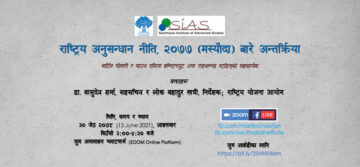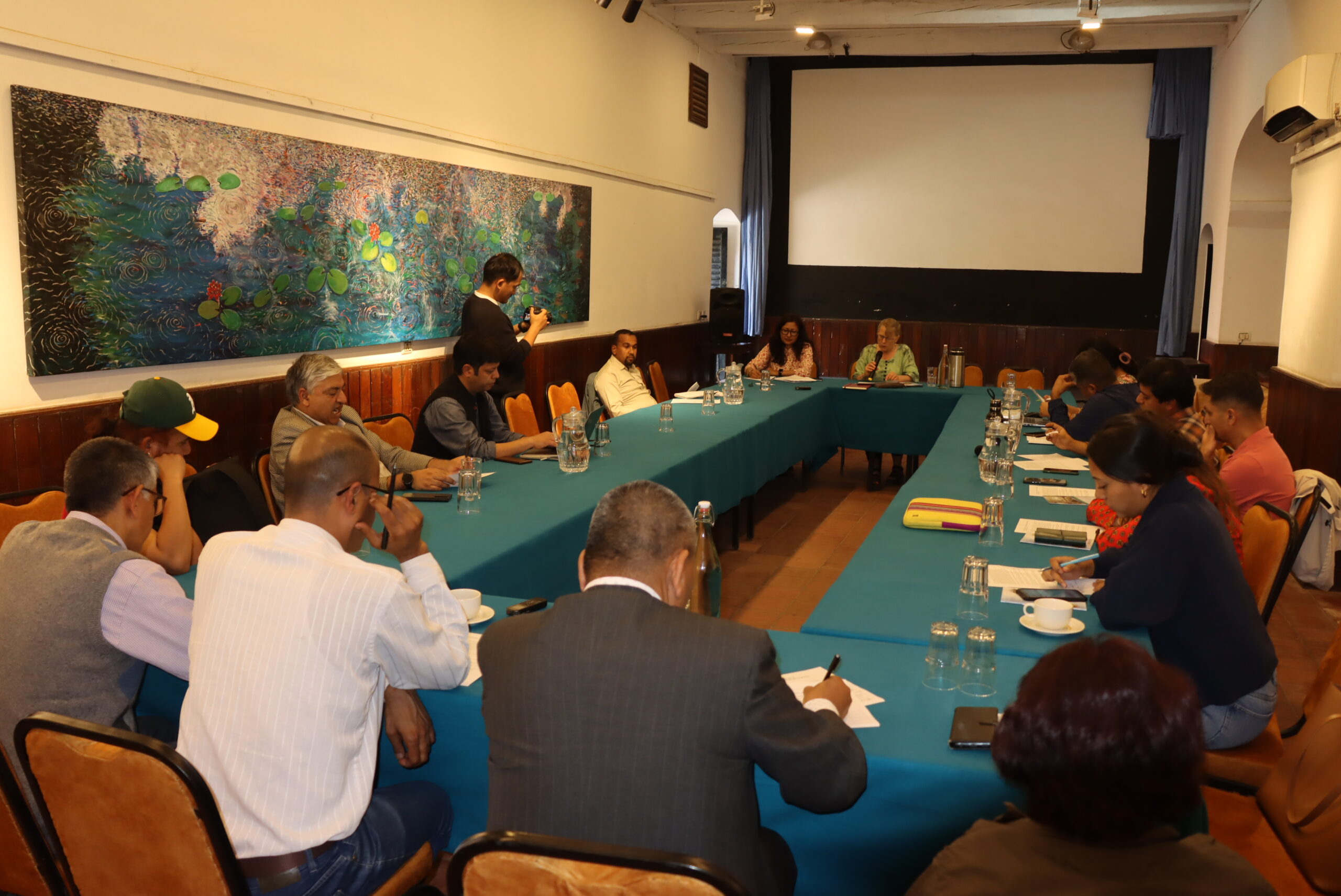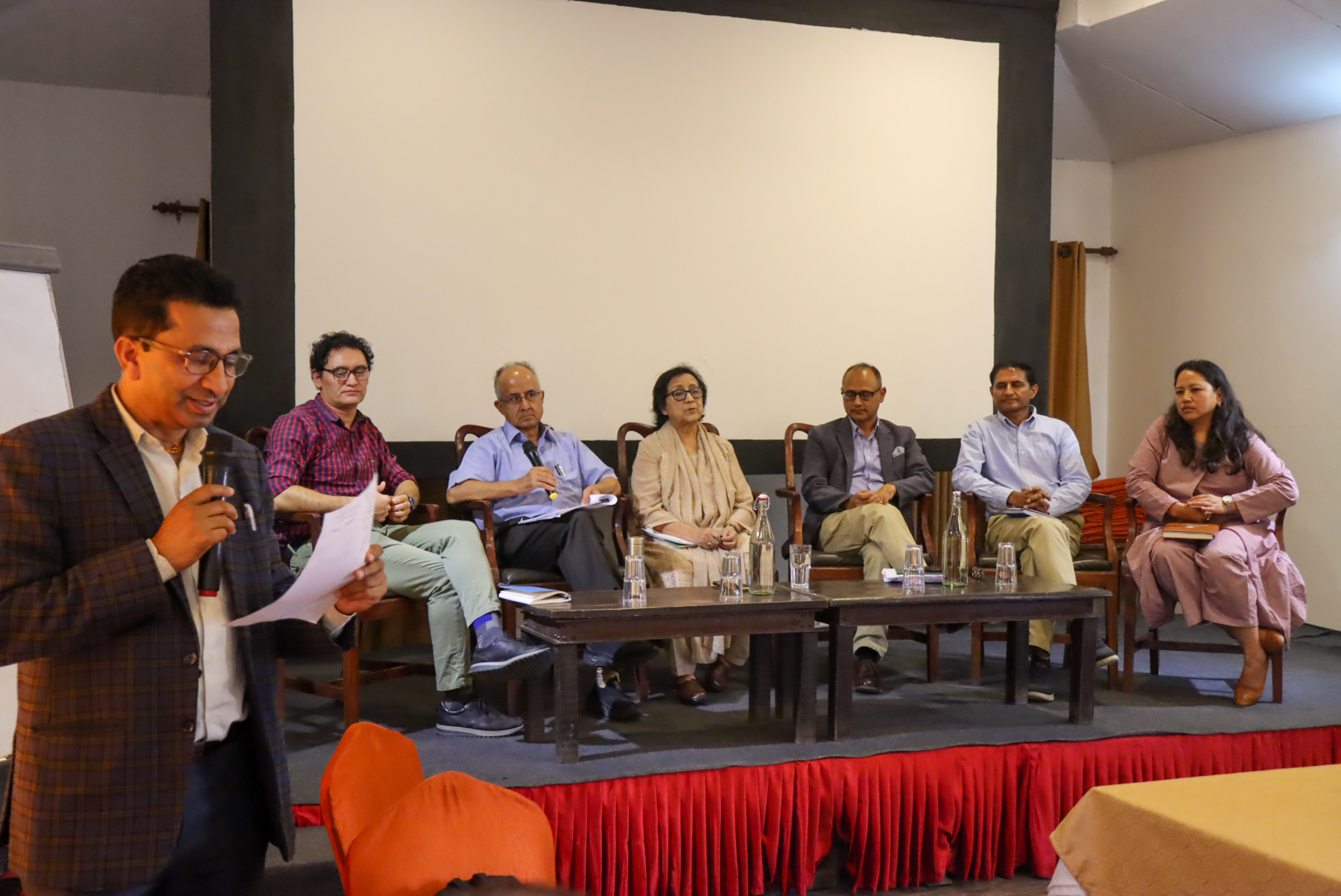
Martin chautari and SIAS had jointly organized a virtual discussion program on the draft national research policy on 13th June, 2021. The main objective of this event was to gather suggestions, recommendations and insights on the policy draft from the private and non-governmental research organizations. The keynote speakers of the event were Dr. Basudev Sharma, Joint Secretary and Mr. Lok Bahadur Khatri, Under Secretary, National Planning commission. The event was attended by 68 participants in Zoom platform and was also broadcasted live from SIAS and Martin Chautari’s official Facebook page.
In the event, Dr. Sharma and Dr. Krishna Prashad Oli, Member of National Planning Commission briefly talked about the policy draft and stated the indispensable need of knowledge generation in the present scenario achievable through research. They further said, Nepal lacked an integrated research policy including the private, non-governmental and independent research organizations though sectoral research acts and policies exist for different governmental organizations. Considering the utmost need of a consolidated research policy, Nepal government has drafted a national research policy to avoid the trial and error phase of research prevalent in Nepal. Emphasizing the need of suggestions, recommendations and reviews from the non-governmental research organizations as well, they requested the participants to put forward their feedback on the draft as a value addition to the national research policy.
Further, Mr. Lok Bahadur Khatri in his presentation delivered the features of the policy draft, its overall goals and objectives, expected results and major interventions. He also emphasized on the importance of National research policy, its parameters and fundamental basis. Thereafter, the participants put forward their feedbacks on the draft and discussed about the overlooked concerns that needs to be addressed by the government for the proper implementation and functioning of the national research policy. Several contradictory processes and policies in the research sector and how the new policy should look upon solving the existing issues were discussed. Likewise, the participants also mentioned about some of repeatedly noted concepts like uniformity in research, avoiding duplicity in research and permission for research in the draft which conflict with the very idea of free inquiry that research is all about. They also suggested that, the draft should address and facilitate the collaboration of non-governmental research institutions with international organizations. There are many technical and administrative problems when working with the international research projects so this draft should inscribe about the facilitation of such difficulties which will help and encourage Nepali researchers to collaborate and also lead the international research projects.
In this open discussion various personalities from different non-governmental research organizations, students and independent researchers expressed their views regarding the policy draft and successfully imparted numerous constructive suggestions and recommendations before the speakers.




